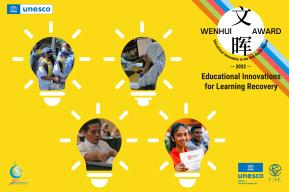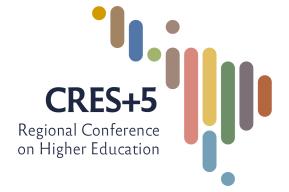A visionary set on inclusion of youth voices in shaping future societies

“Intercultural Dialogue – Dialogue for the Future” was part of a joint effort that aimed to strengthen the capacity of young people, promote cultural diversity and intercultural understanding, improve the education system in order to achieve social cohesion. It also hoped to improve dialogue and action for the common good in Bosnia and Herzegovina and Serbia.
The project goals were to offer young adults, university students, high school students and representatives of educational institutions, an understanding of the presence of different cultures in the two subject countries. The purpose is to emphasize the potential for social and cultural development. It highlights that such exchanges are beneficial and are not a threat to their respective identities.
What inspired you to take part in the “Intercultural dialogue – dialogue for the future” project?
Since 2018, I have been a part of the school “Humanities in transition” organised by Group 484. So when I saw the open call for Intercultural dialogue, I was intrigued because I had previous experience with this organisation. It had been an incredibly engaging opportunity for me. So I decided to apply again because the project was centred on local communities and our identities. The central questions posed were: how do we see ourselves and how do others perceive us? why is that important, and who said that it is?
I truly believe that local communities play an important role in influencing our perception of others. Additionally as part of the project, workshops were organized for high school students in multicultural communities. It was very important and inspiring to have these interactive and practical activities, because other projects do not include them in their organisation.

How has your experience been engaging with young people from other countries through this project? What were your most memorable moments in this project? As a university student, what challenges are you facing due to the COVID-19 pandemic? How has your student life changed?
During this programme, I met many inspiring young people eager to make a change in our society. We talked about privilege - what it is, how it is manifested and we recognise it. We ultimately came to realise that most of the time we are not even aware about the inherent privileges we have.
Overall, as a lesson learnt, great importance lies in looking around us, understanding each other and communicating with one another.
For me, one of the biggest challenges caused by the COVID-19 pandemic was adapting to online learning. When it comes to knowledge and experience exchange, nothing can be compared to in-person communication. The whole experience is different, communication and understanding is so much better face to face.
If this pandemic has taught us anything, it is that people matter, our communities matter and it is our responsibility to take care of all the people around us.

Having practical experience is very important. Future programmes can have more impact and make a difference, if they are more practical, and include more outdoor activities. As I said earlier, contact and in-person interaction is everything when it comes to understanding one another; we cannot change as a society unless we talk, laugh and connect with each other.
Young people lack opportunities. They need their voices and choices to matter in decision-making. It is vital for young people’s contributions to count when it comes to important issues, especially issues that clearly will affect them.
What is evidently lacking is opportunities for youth to express themselves, to be heard and understood! More projects and programmes should have greater focus on empowering young people because they influence the future of our society and create change. It is important to trust and learn from them.








